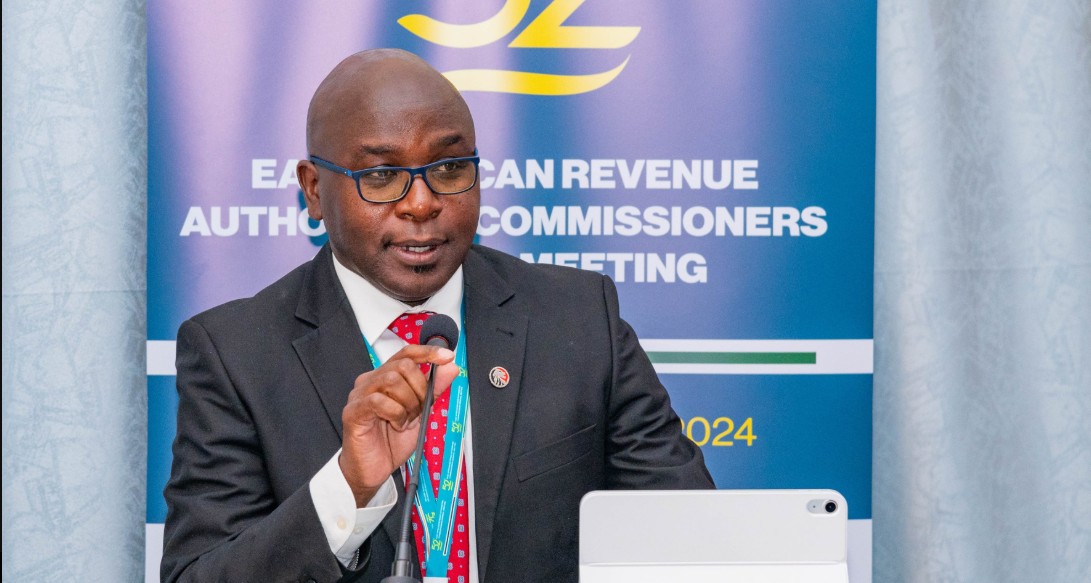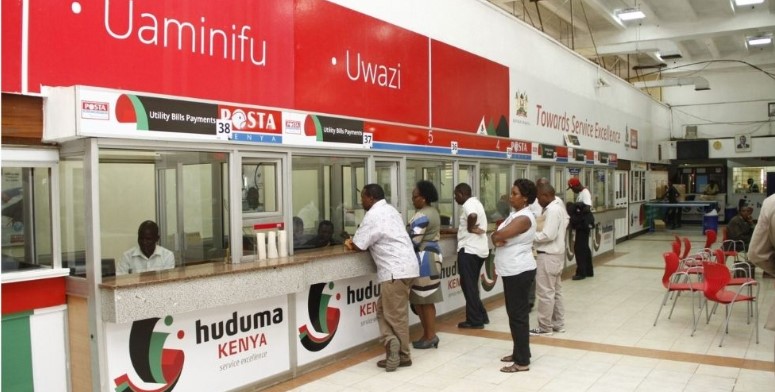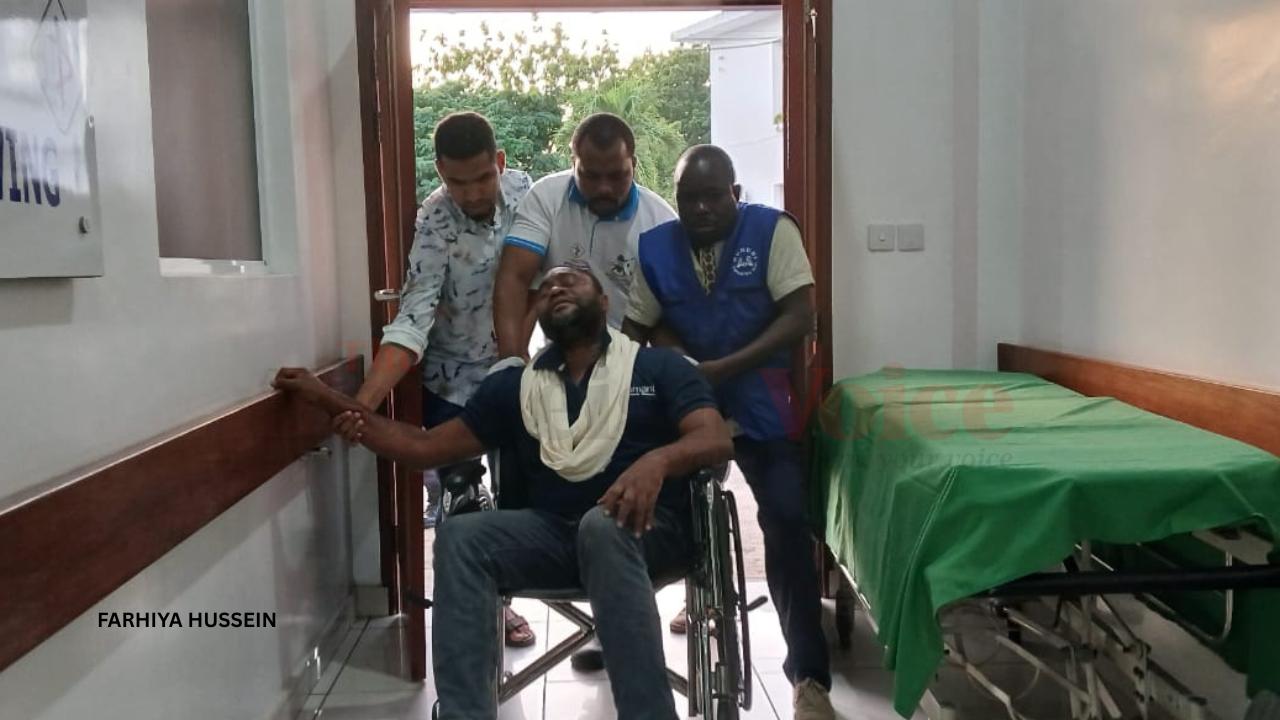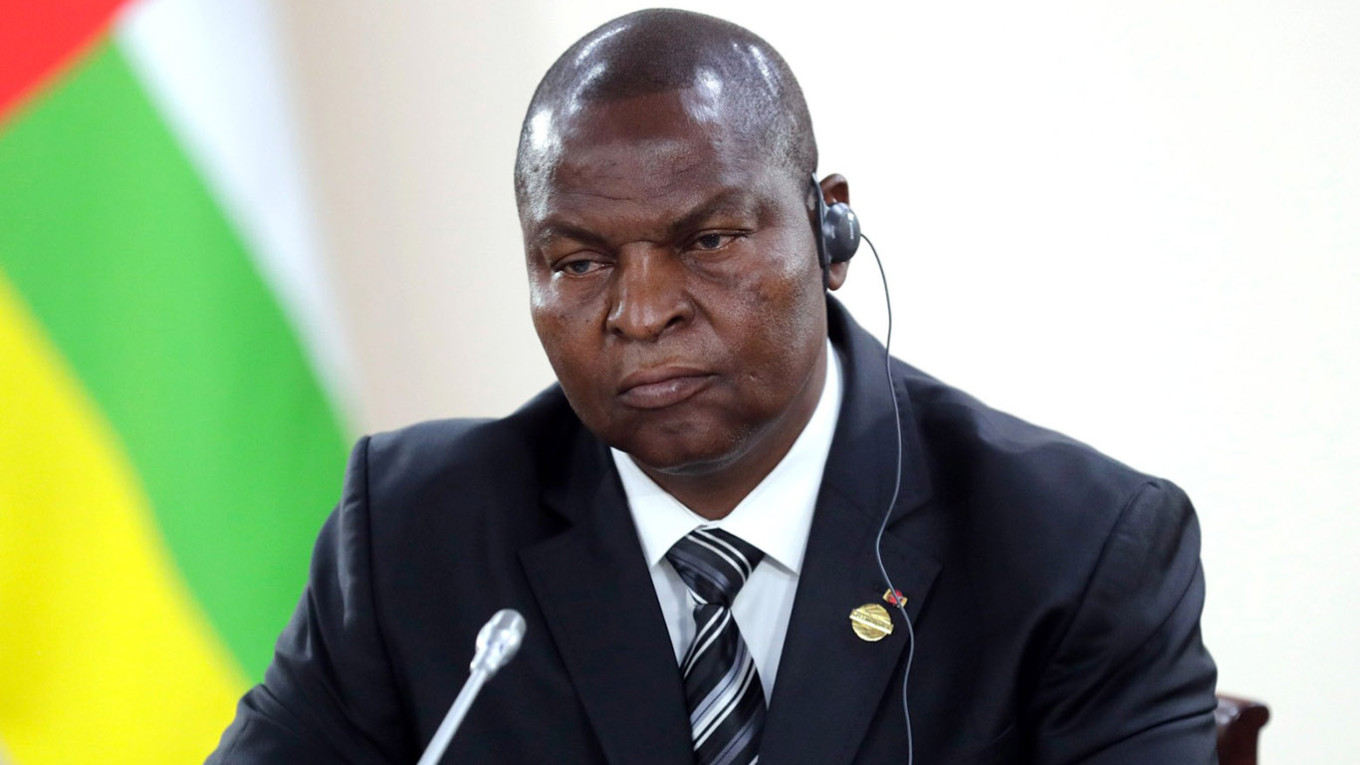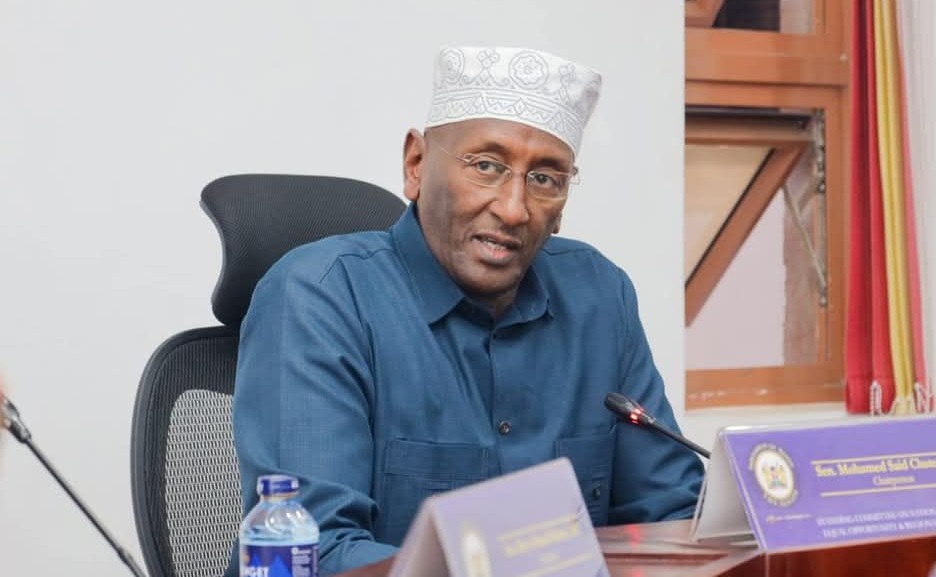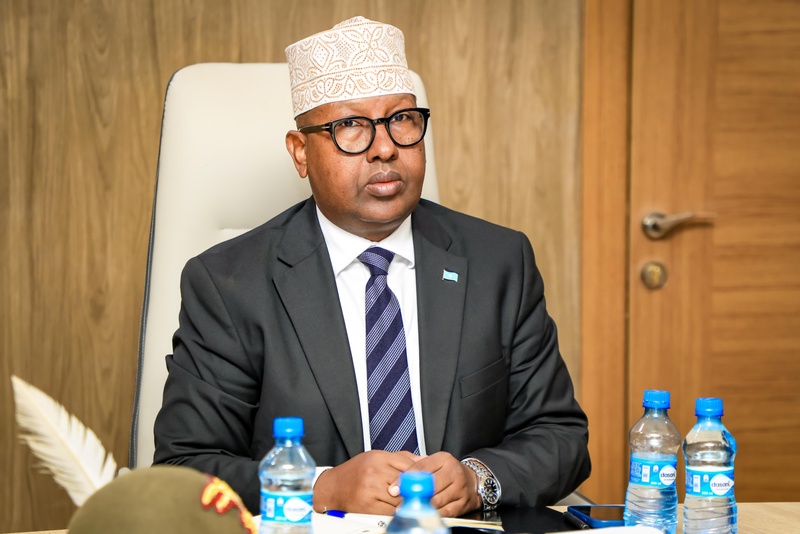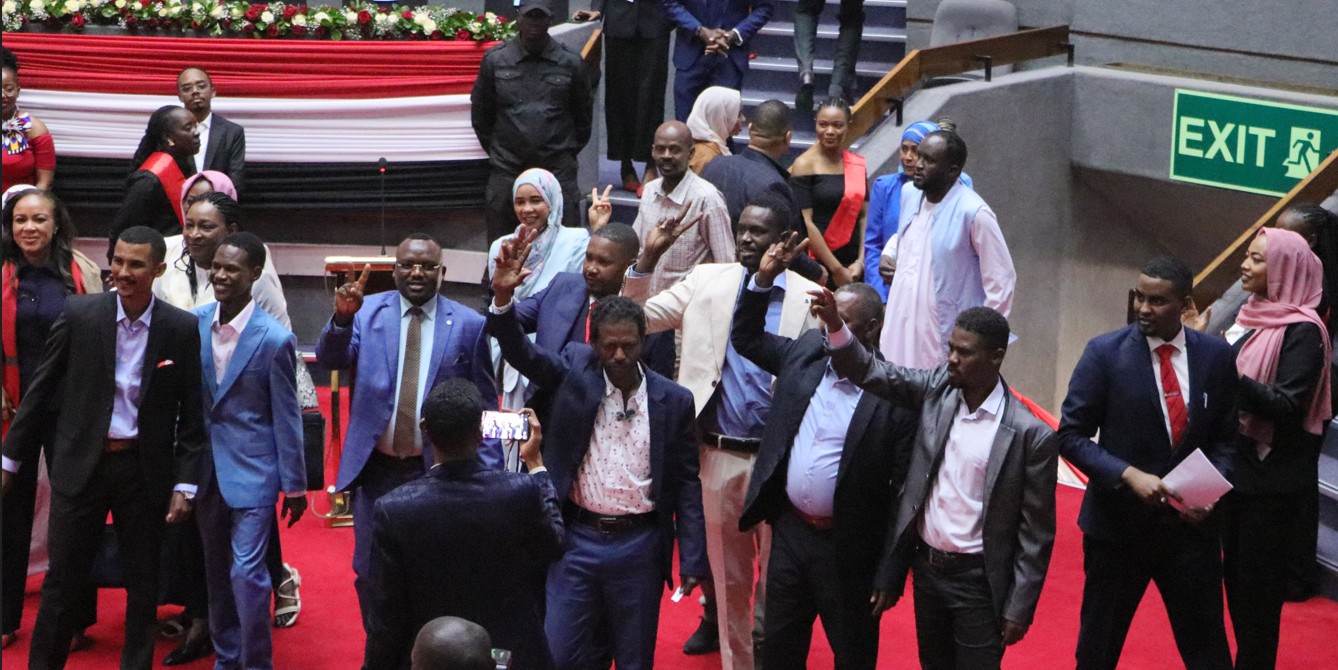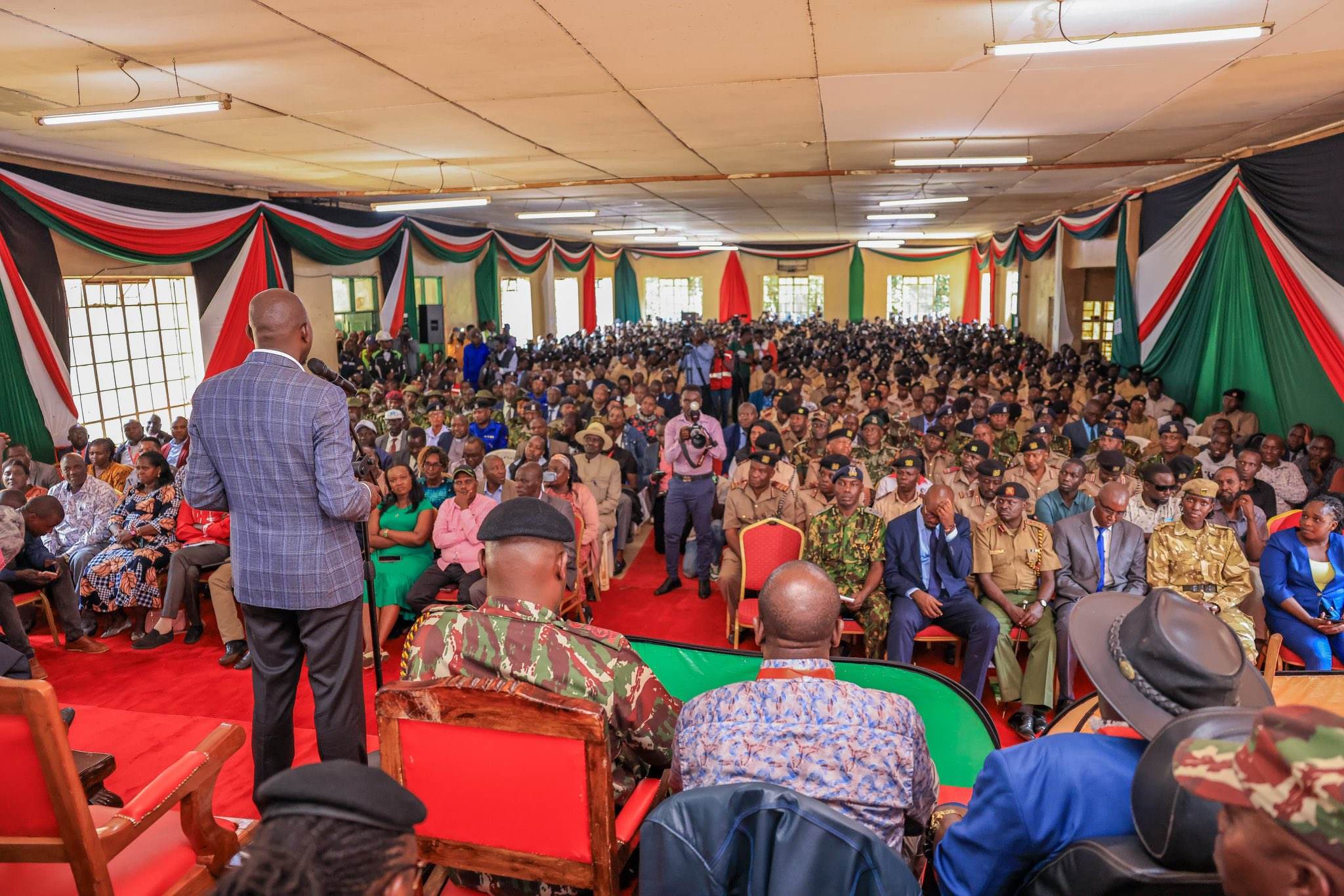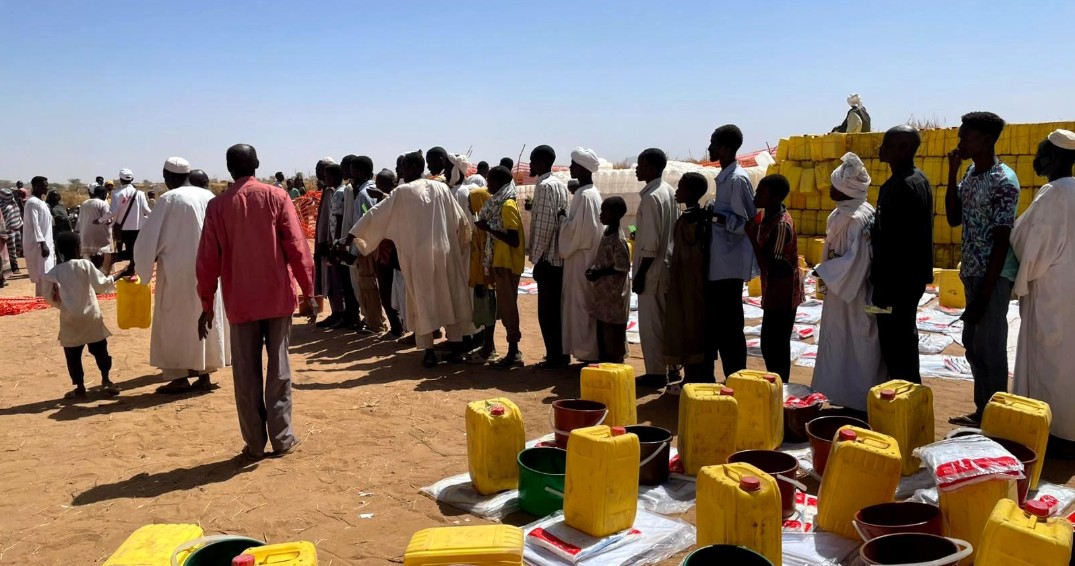Mandera County to incorporate Quran teachings into ECDE learning in policy shift
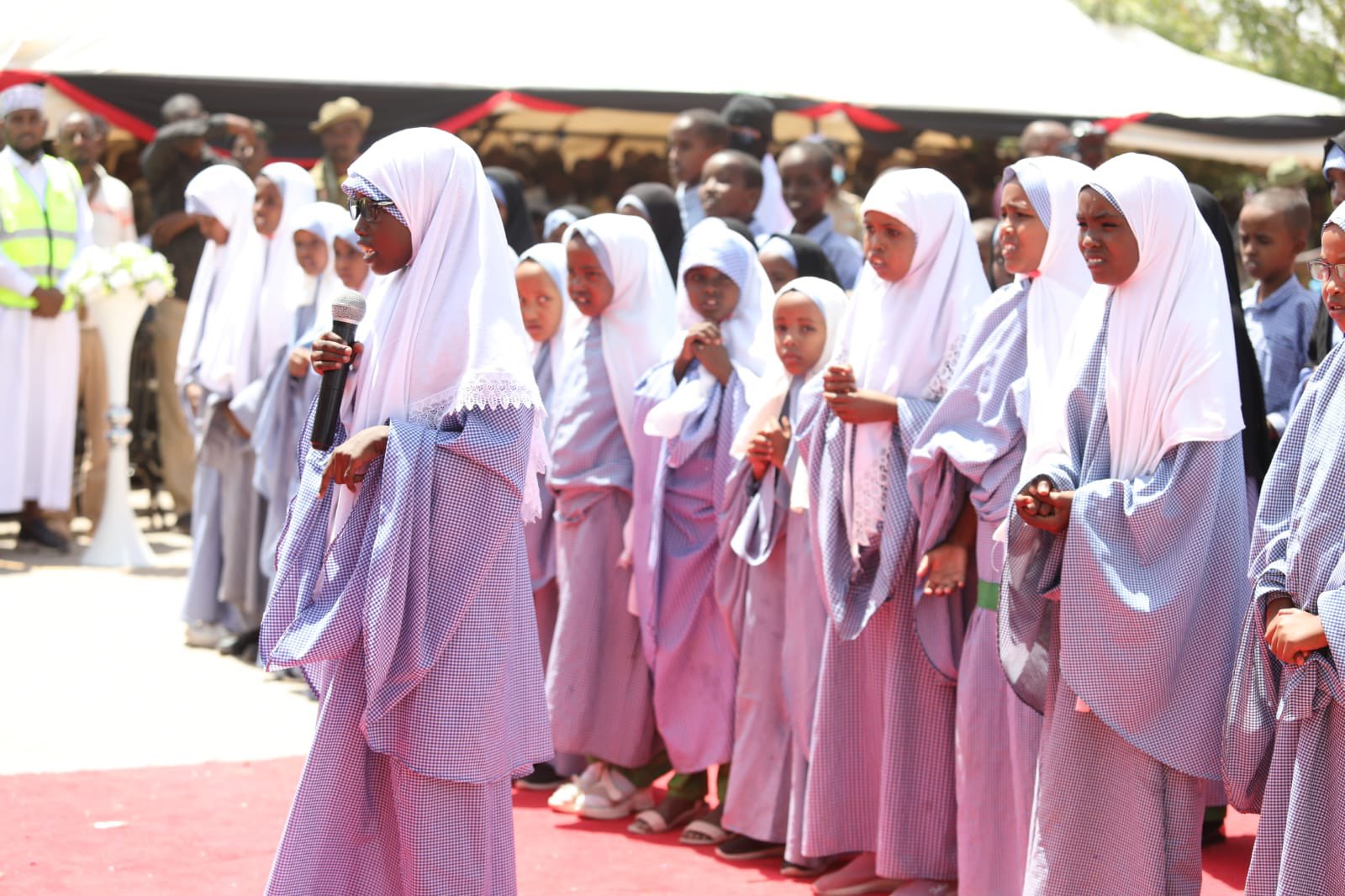
Since last year, the county has experienced an exponential rise in ECDE enrolment courtesy of a feeding programme.
The increasing enrolment in Early Childhood Development Education (ECDE) centres in Mandera County has triggered a shift in policy that seeks to mainstream Quran teachings, referred to as Duksis, in the ECDE programme.
Since last year, the county has experienced an exponential rise in ECDE enrolment courtesy of a feeding programme initiated to retain children in school.
More To Read
- Four civilians in Mandera injured by stray bullets from Somalia
- PS Carren Ageng'o calls for stronger child protection in ECD schools
- Court freezes payout to four civilians shot by KDF, directs Defence Ministry to deposit Sh7.9 million
- Casual workers at Mandera County Teaching and Referral Hospital protest over unpaid wages, poor working conditions
- Mandera shuts quarries following abduction of two non-local workers
- Mandera County turns to crop farming as climate change threatens livestock sector
From an enrolment of about 23,499 learners in 2022 to 27,500 last year and 32,049 this year, Mandera County currently, which boasts of a high fertility rate of seven births per family, is on a mission to improve literacy levels as part of its efforts to ensure sustained development.
"The biggest challenge in this sector is that we have ECDE-going children in Duksis. We are planning to have an integration programme of ECDE and Duksis. We are partnering with the National Council for Nomadic Education in Kenya (NACONEK) and UNICEF to work on the national policy for integration and once that is ready, Mandera will be ready to adopt that," explained Dr Abdikadir Aden Alio, the chief officer for Education.
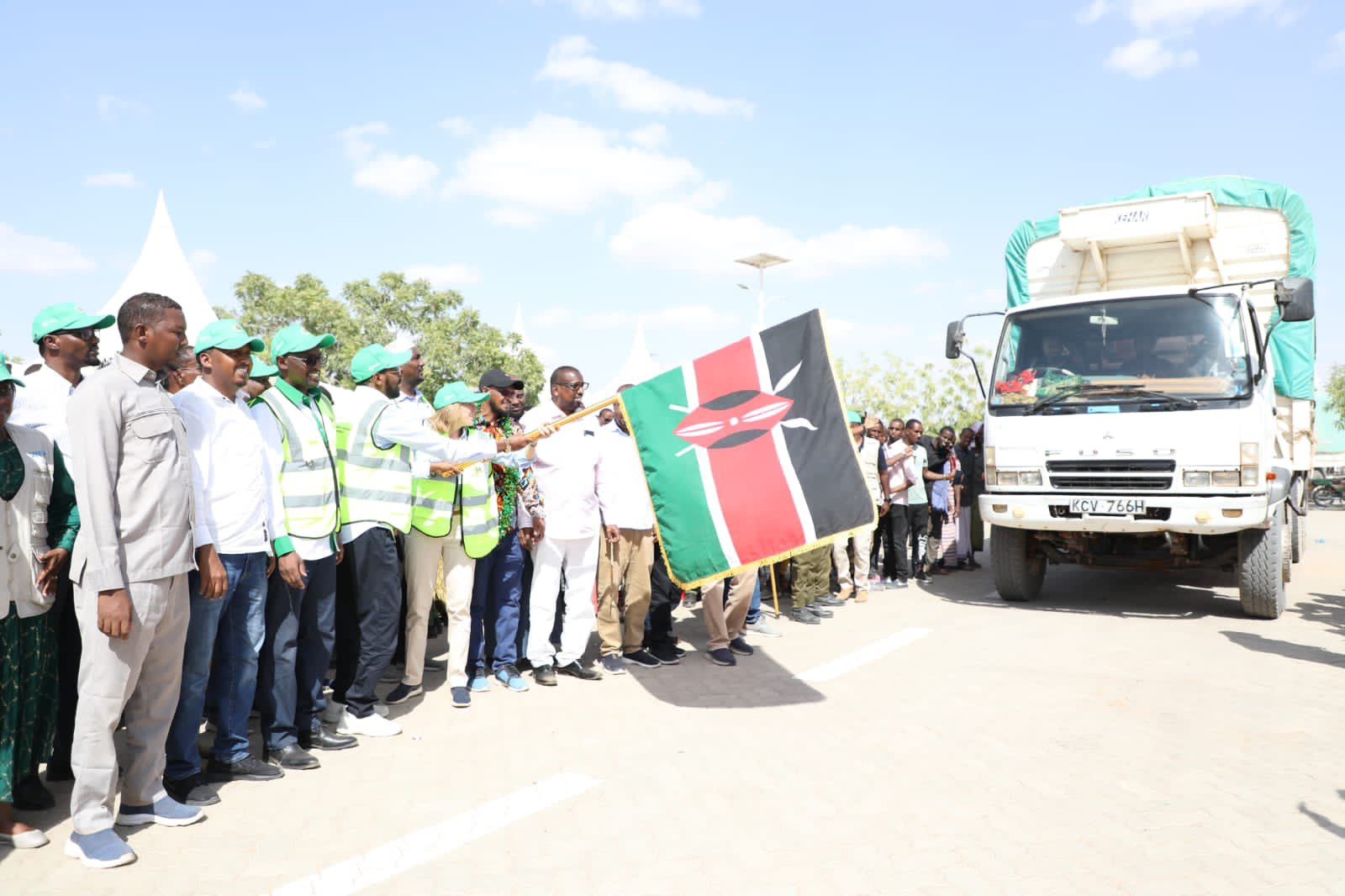 Mandera Governor Mohamed Adan Khalif launches the ECDE policy, feeding and learning materials programme on January 30, 2023. (Photo: Mandera County Government)
Mandera Governor Mohamed Adan Khalif launches the ECDE policy, feeding and learning materials programme on January 30, 2023. (Photo: Mandera County Government)
According to the Demographic Health Survey, Mandera has roughly 150,000 children in ECDE school-going age of between six and eight years.
"We believe they are in Duksis and so we want to see how they and ECDE can be brought together so that the child can get the Duksi knowledge and also the ECDE knowledge," he added.
The teachings of the Quran occupy a significant part in the upbringing of a Muslim child, it is for this reason that children are enrolled in Quranic schools known as Duksis or Tahfidh before they are admitted to elementary school.
"The Muslim community prioritises the Quran. Everybody wants their child to go through Quran school before starting their formal education, and this most of the time takes time. It eats into the age of the child going to ECDE. That is why we have thought of providing those programmes together holistically," said Aabdikadir.
In parts of northern Kenya where communities are mainly nomadic, the Duksis are conducted under trees or makeshift structures in the evening after the children return from herding their cattle.
Their teachers are retained through community support and parents' ability to pay either through cash or in kind.
 Pupils from Mandera during the launch of the county's policy on January 30, 2023. (Photo: Mandera County Government)
Pupils from Mandera during the launch of the county's policy on January 30, 2023. (Photo: Mandera County Government)
Some semi-urban areas of Mandera County have, however, been operating their Duksis in rented premises, individual plots, and mosque compounds.
An education task force constituted by the county government in November last year discovered that most parents prefer the Duksi system to ECDE, which is largely outside the reach of the education statutory bodies or legal frameworks and thus not subject to any form of control or regulations including supervision.
This, the taskforce noted, is largely because "the government has given little or no recognition to Duksi. They are not considered as part of the national education system, yet most ECDE-age children attend Duksi".
That, the report said, spirals into the lack of official statistics of those available Duksis and their teachers.
"The lack of recognition has completely sidelined this vital sector," the report that is guiding part of the ongoing ECDE reforms in Mandera County states.
Once integrated, cases of children contracting communicable diseases such as pneumonia and the common cold, which children contract while sitting on dusty floors in crowded or dilapidated Duksis, will have been eradicated alongside the challenges of sanitation and inadequate water supply.
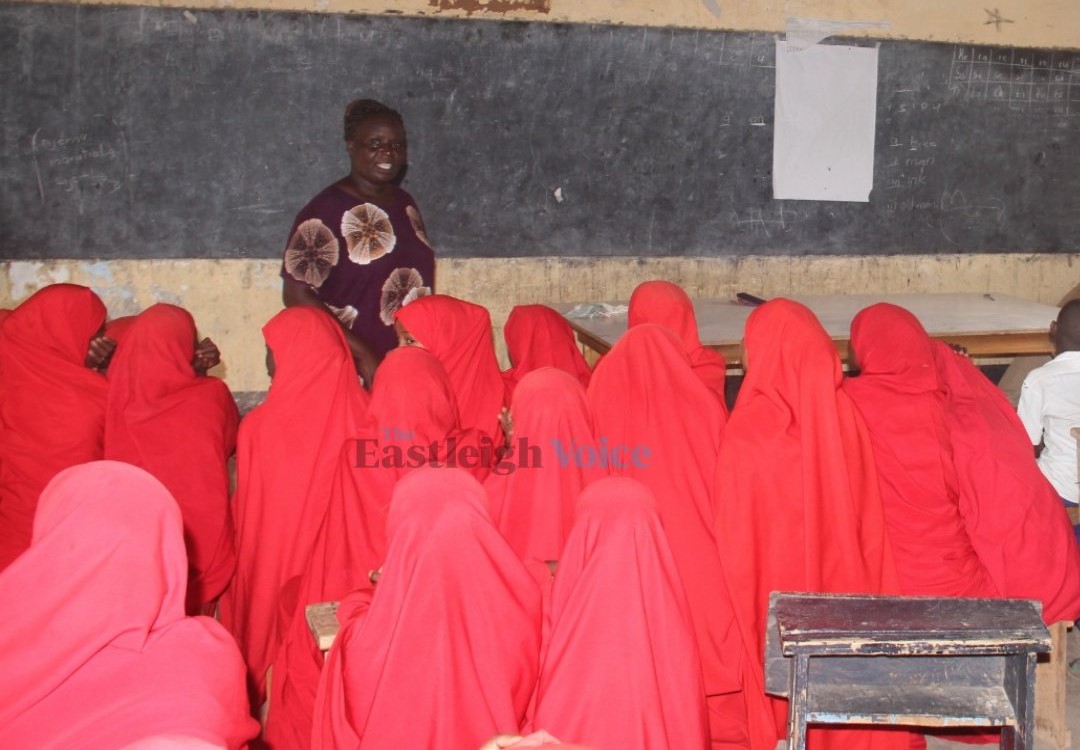
"Recently, though with growth in urban settings, Duksis have registered certain advancements regarding conditions of learning and the subject matter taught, even though the central focus is still on the memorisation of the Quran," the report notes.
For nearly a decade since the country gained independence, the government had banned the introduction of religious studies in schools to "prevent schools from becoming centres of religious propaganda and proselytisation".
The rule remained in force until 1968 when the government allowed general religious education to be taught in every school, leading to the introduction of Islamic Religious Education (IRE) in the elementary and high school curriculums.
Despite this, some Muslim parents felt the IRE would not provide adequate grounding in Islam and continued to enrol their children in Madrasas and Duksis.
"The duality of education caused the Duksi and Madrasa to miss out on the much-needed budgetary allocation, recognition, and other necessary support," the taskforce noted.
This is the bridge that the county government of Mandera seeks to fill while at the same time saving the children the time needed to master the Quran and attend ECDE learning.
The taskforce recommended that the ECDE centres be detached from primary schools and be established within a community centre, preferably in the compound of a mosque or on land acquired for that purpose.
"A Quran and formal teacher or a single teacher with both qualifications should be posted at the centre. The teachings of Quranic scripts and the foundation of the Quran start within the first six months of its inception before ECDE sessions are introduced," the report says.
The county is already training the first batch of local P1 teachers who will fill this gap after graduating from the Mandera Teachers Training College.
Education CEC Bashir Ibrahim Alio explained that in the meantime, the county government has had to increase the number of ECDE teachers to meet the growing demand for learners.
"When this government came to office, we had 357 ECDE teachers. We employed 430 more, reducing the gap of teacher-pupil ratio," he said of the effort that was also complemented by the construction of 66 more ECDE classrooms to reduce overcrowding.
Top Stories Today

